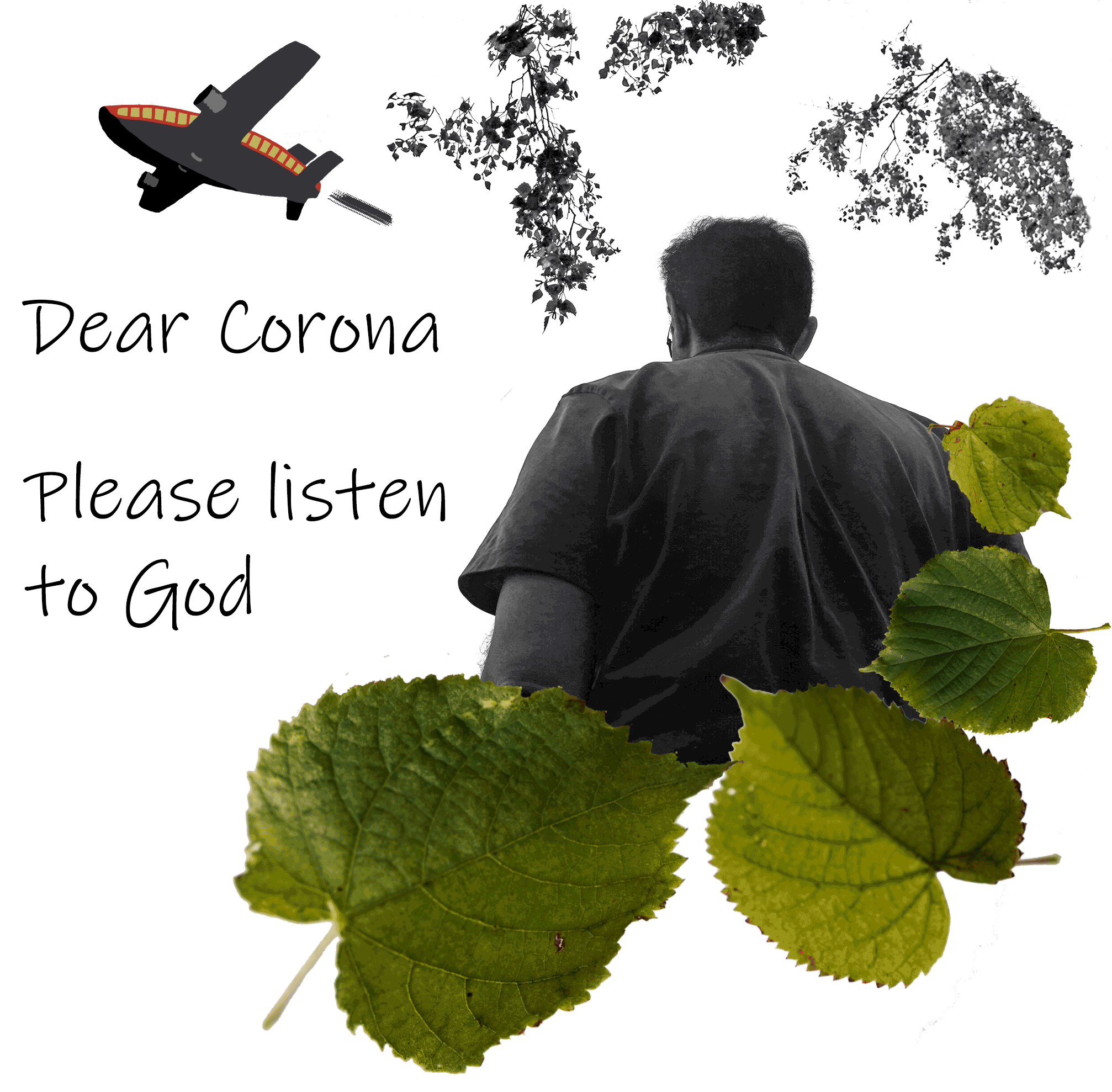
It is a March evening, and Ali is alone in Copenhagen facing a difficult decision. The Corona pandemic has taken a stranglehold on Iran. It is not quite the official line, but Ali knows what is happening on the ground. The charts are stretching skywards. Of this his wife, as a surgeon at two hospitals, is a first hand witness. However, she has another role: responsibility for her sick parents. Ali has not a shred of doubt what he must do.
The planes are no longer flying to Iran. Mette has closed the borders but not completely slammed the doors. So Ali sits at his keyboard and books the absolute last plane from Copenhagen to Istanbul, and a domestic flight from Istanbul to Van. From there it is 75 km to the Iranian border. That he can manage. Suddenly it hits him why he is doing this. The catastrophe is also a gift.
However, before Ali can come home to the one he loves, he has business to attend to here. He grabs his residence permit, his Danish textbooks with the medical terms, and his laptop, so he can learn Danish online. However, right now he is not thinking in Danish. He cannot allow fatigue to take hold. So how far has he got? His suitcase is still lying wide open on the floor.

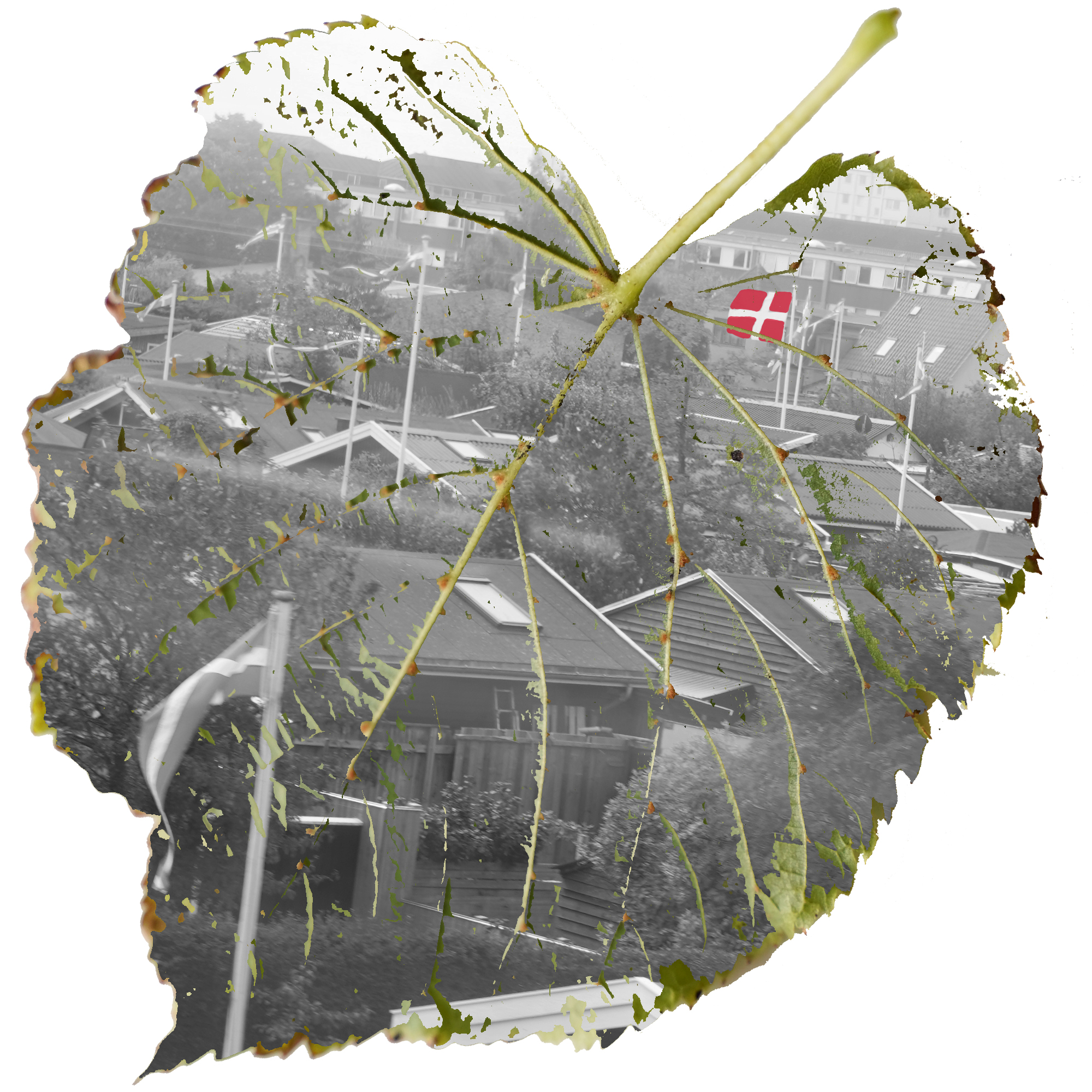
From Iran to Denmark
The setting is Iran. We are back in the 1980s, and Ali is in his early youth. He is picking up his little sister from school. Her school bag hops about as she switches to running along like a street kid. Then suddenly he can hear the sound of jet engines and he looks up. The angry, low hanging fighter planes are closing in. Soon after the bombs are falling. He grabs his sister by her waist and runs. It must have been hard to carry her, but it is not that he remembers. It is the breathless fear of not making it home. In safety.
But he does make it home. All is well. He grows into adulthood and starts reading medicine. He falls in love with another medical student. They marry, and he establishes two clinics with a friend. A rehabilitation clinic and a medical practice with evening opening hours. Ali works around the clock. All is still good. Nevertheless he decides to tear everything up and start afresh in Denmark.
– In Iran I got 1 dollar for a consultation. That dollar was supposed to cover the cost of the premises, the equipment, the staff, and provide my income. Many people in Iran have not got the means to pay for treatment, and the state does not pay. So there is not really anyone around who can pay. Besides, inflation sucks the value out of everything you have in the bank. Therefore I went to Denmark, where you have a shortage of doctors. I left the clinics to my friend. He is very religious, so he was not tempted to move to a secular society like Denmark.
– But there is also something else, which is harder to explain. Something to do with that race home in the 1980s. It is as if I am still a bit out of breath. As if I am still running. In a way I think I can never quite get there. Even though everything will be fine.
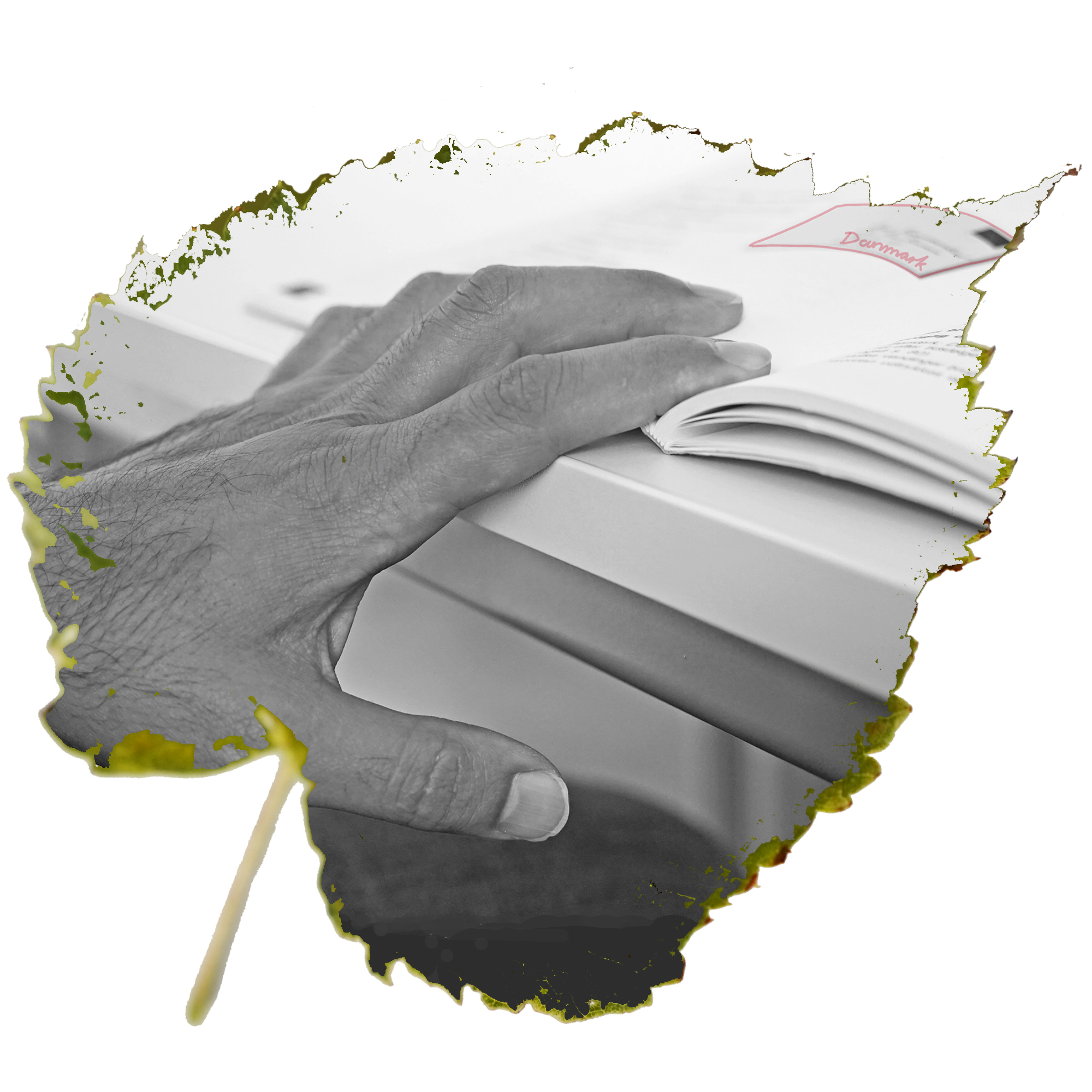
From anxiety to exhaustion
After endless delays Ali lands in Istanbul, where he collapses on a bench in the airport. Opposite him sits a young man coughing….and coughing. The piercing belches from his heaving chest cut twelve solid hours into many tiny pieces. It is as if Ali can almost feel for himself how the virus takes control of the airways, invading and penetrating the body. With each cough he becomes more uncomfortable. But he does not rise. He cannot. Everything is swirling in a fog of exhaustion. Soon he has not slept for two days. The fight not to miss the next flight is the only fight he can handle.
– In March, when I went back to Iran, it was thought that COVID-19 was extremely contagious. It was thought, for example, that you could catch it by touching a surface, which had been touched by an infected person up to 12 hours earlier. Fortunately, it is not as easy as that to catch COVID-19, and eventually there were enough masks in the world. So right now the biggest challenge is that the virus is constantly mutating. Therefore, neither herd immunity nor vaccination look like providing an ultimate solution. A vaccination could last three months, and we cannot obviously vaccinate the entire global population every three months. We therefore have to keep on testing, using protective equipment, while we wait for the virus to become milder by itself. The more serious variants of COVID-19 kill the patient, and with them dies the virus. So it is the milder variants of the virus which survive and spread. In two years, I think that COVID-19 will be like the common flu. At least that is my hope.

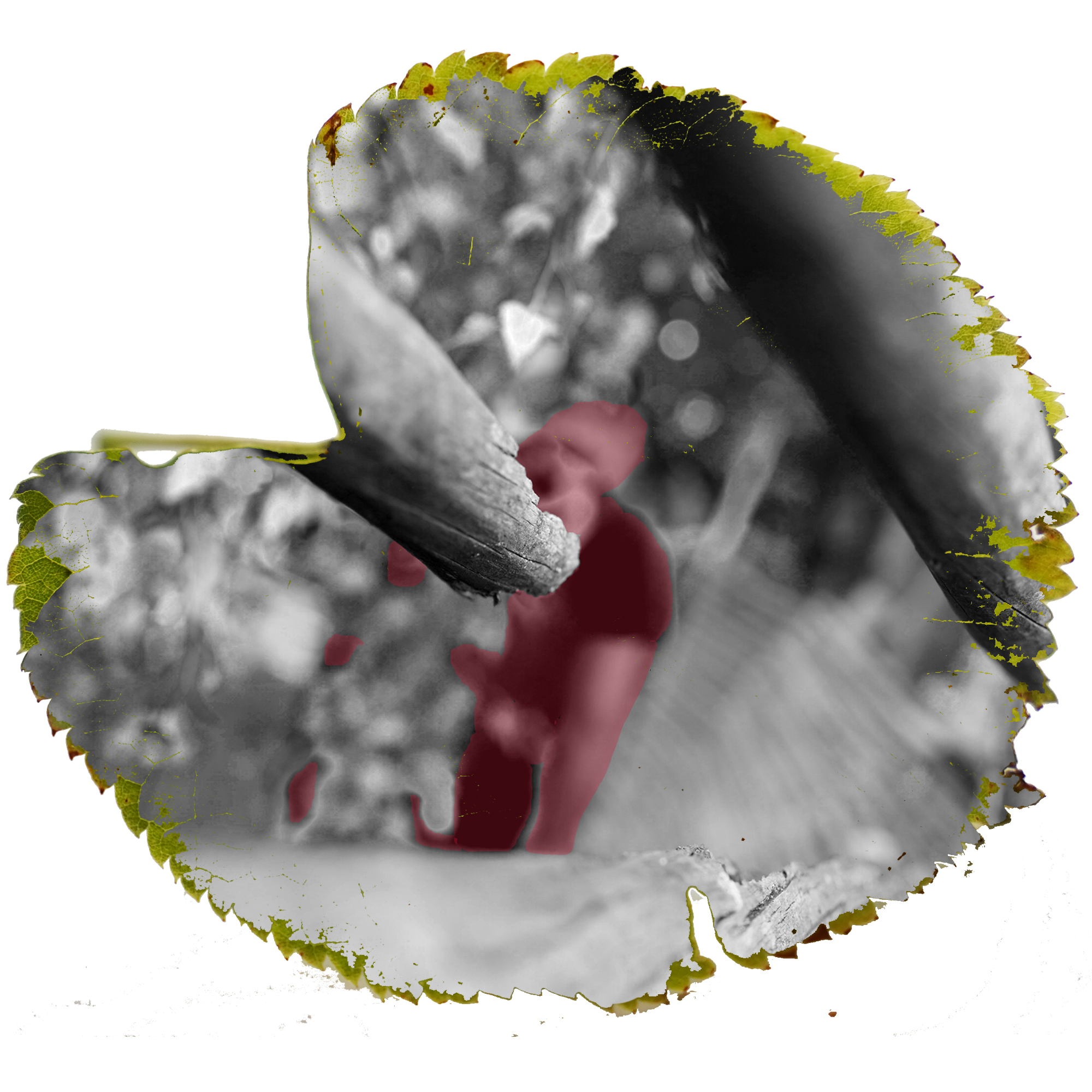
From dark figure to dawn
It continues on the plane to Van in eastern Turkey, where Ali is haunted by a polyphonic Corona choir. The rhythmic release of saliva droplets, which are then centrifuged around in the vibrating cabin, makes him dizzy. The engines themselves seem to have something caught in their throats. However, Ali is too tired to leap out with a parachute. It is too late to turn back. He sinks into his seat and drifts into an apathetic sleep, which displaces his anxiety.
– Iran was one of the first countries to suffer an outbreak of COVID-19, but to start with it was not official. I think it was felt that the US sanctions had already caused enough problems. Iran is a country in economic crisis. So it was only when a doctor lost his brother and mother to COVID-19 that the outbreak was recognised by the clergy. The doctor could see that they had symptoms and got them tested. The outbreak could no longer be hidden.
– They did not lock down the country, as Denmark did. If people are prevented from going to work and earning money in Iran, they will quickly begin to starve. That is not much better than having the virus in the body. Instead, the clergy introduced so-called protocols to prevent the spread of infection.
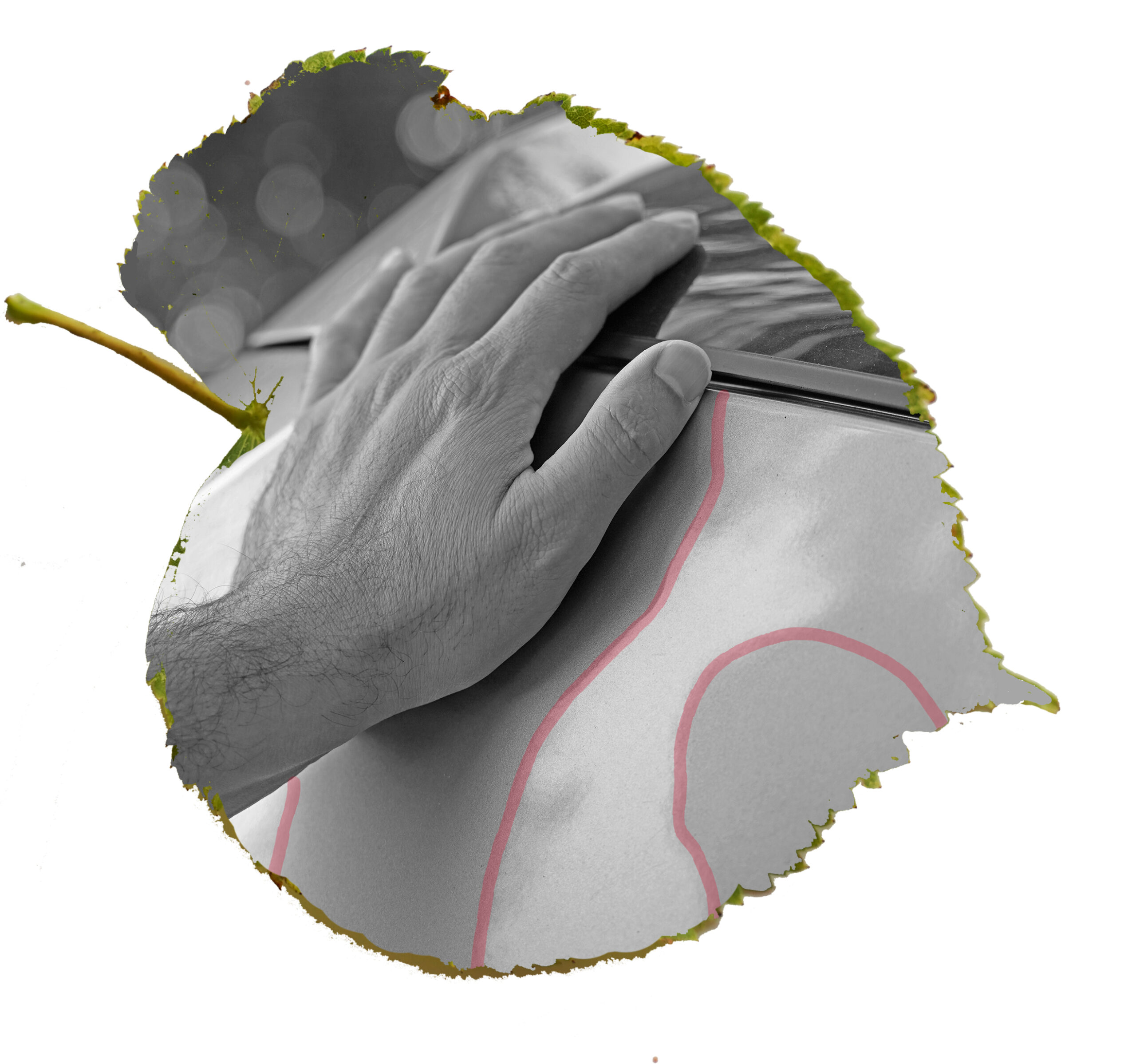
From Turkey to Iran
In Van Ali is reunited with his suitcase, which feels lighter now. He hails a taxi which drives him to the Iranian border. Here he continues his course for home. However, what meets him are not open arms embracing a returning son. The police stop him when the taxi’s number plate shows that he has come from another province. Ali has a thermometer pressed against his forehead and is questioned. Why are you travelling? Stay where you are! Do you not get the message?
– The most difficult thing for the clergy to handle is the issue of assembly bans. People gather in the mosques for common prayer – especially for the festivals of Moharam and Ashura which fall in August. The priests tell people that in common prayer lies the road to happiness. You can ask for anything. Love. A home with air-conditioning. Beautiful well-behaved children. There is no limit to what prayer can achieve. The irony is that you can also get COVID-19, and die of it.
– Corona has unleashed an ideological crisis. Corona has changed everything. Not only have the economy and public health been hit, but also what people believe in. It is difficult to stand by the conviction that God controls all. That God is omnipresent. For apparently Corona doesn’t listen to God. Religion and the virus have nothing to do with each other, at least not in a causal sense.
– In this way Corona has split the country in two. The secularists, who put their faith in science, and the religious, more ready to put their faith in God.

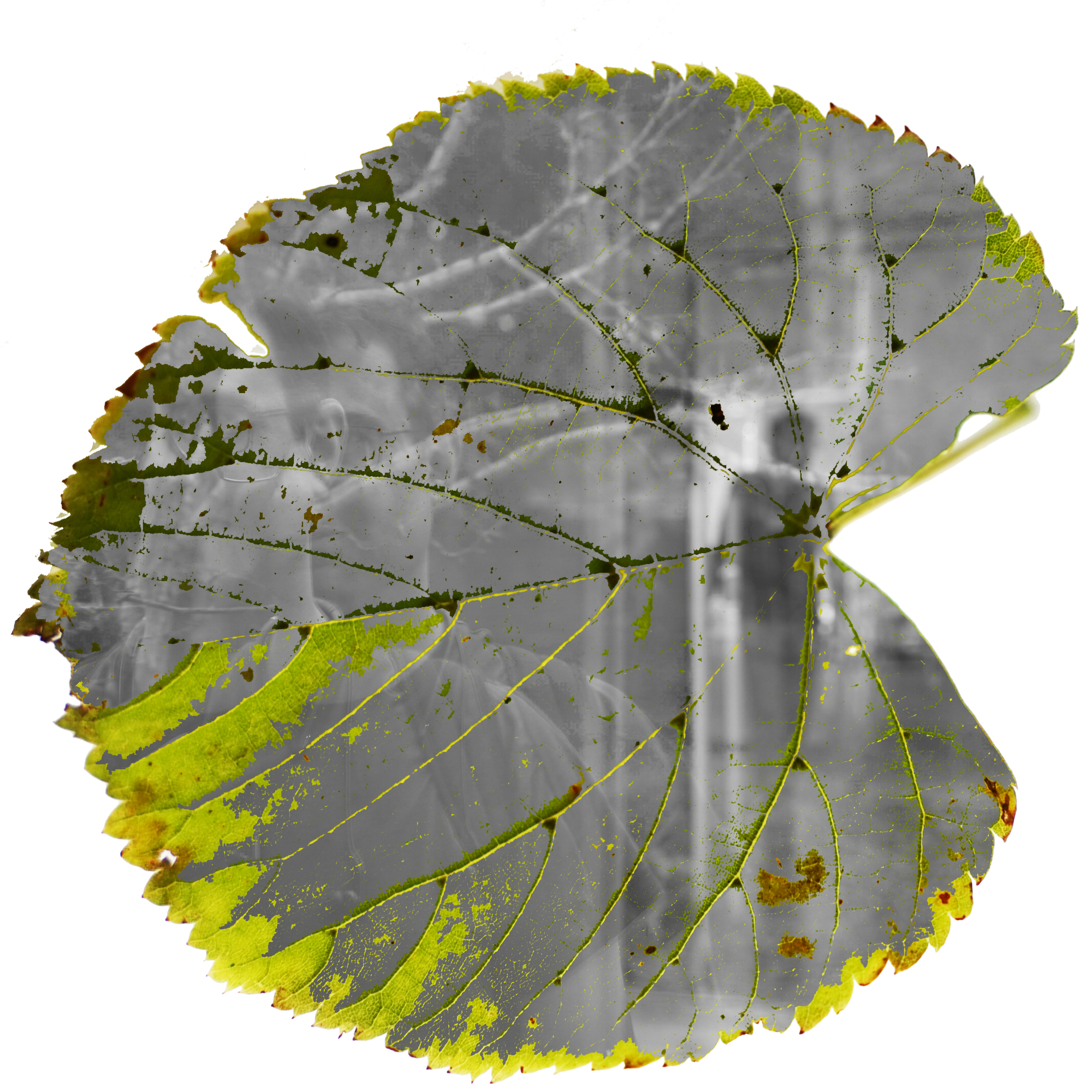
From longing to fear of losing
When Ali steps into his in-laws’ home, rational behaviour goes into full mode. He looks at his wife. In that split second two emergency situations meet. They both know that the warm welcome is cancelled, that all touch is banned. But that does not matter right now, for love means also to fear losing.
– For a Danish person it can be hard to understand why we were so afraid. However, I believe that Iran is the country where most doctors have died of COVID-19. I have heard so many stories, and the hospitals were notorious for good reasons. Ventilation is poor, and for a long time, there were not the resources to isolate COVID-19 patients. Plus, the message in the media, on WhatsApp and all other places was: do not come to hospital unless it is absolutely necessary. So the patients stayed home so long that they died of it, which quite paradoxically was the most sensible thing to do. A good place to be sick could not be found.
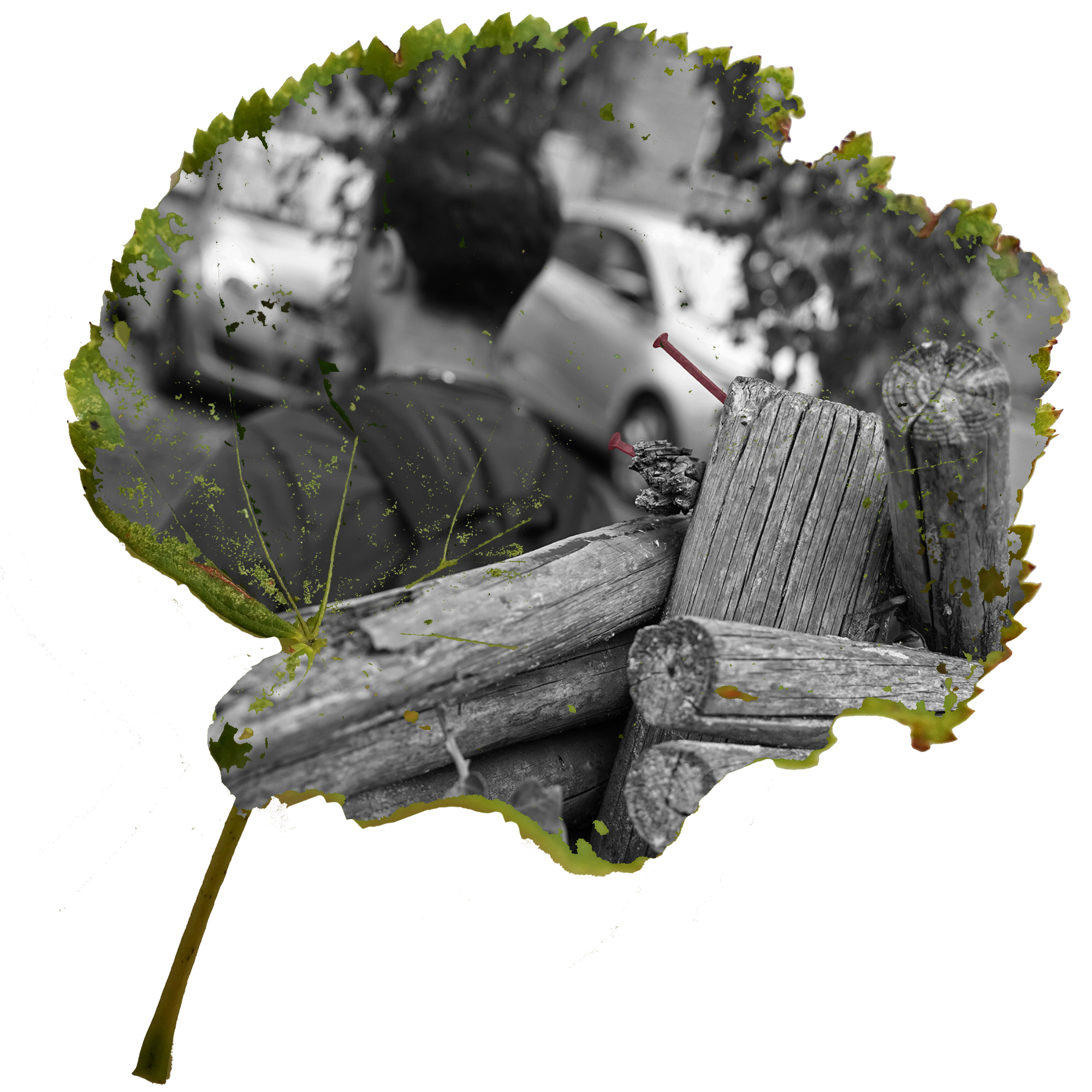
From worry to happiness
Instead of embracing his talented wife, Ali builds a hotbox for her clothes, so he can disinfect them on the spot. At the hospital she is at huge risk of infection, so some barriers have to be built between her and her fragile parents. She removes her hospital outfit while standing on the doormat and throws it straight into Ali’s wood-built box. He turns up the heat until there can be no doubt of any living virus, while she takes a bath. Thereafter she isolates herself on the first floor, while the in-laws remain on the ground floor, and Ali starts the cleaning, scrubbing all the surfaces with the strongest detergents while the disinfectant flows freely. He cannot get sick. But he does get sick. He is bedridden for three days.
– It was not just Corona. It was all the detergents I had to use to keep the house clean. My airways could not cope with them. To think, trying to be so careful not to get sick, that these make me sick. It’s almost funny.
– It was a truly terrible situation, and by the same token the best time of my life. My wife and I were given time together we had not anticipated. We could sit on the balcony two meters apart with our blankets over us, and feel snug. We could go for a walk together and share a meal. Even though we have been together twenty years, it was only now that we found out what it meant.

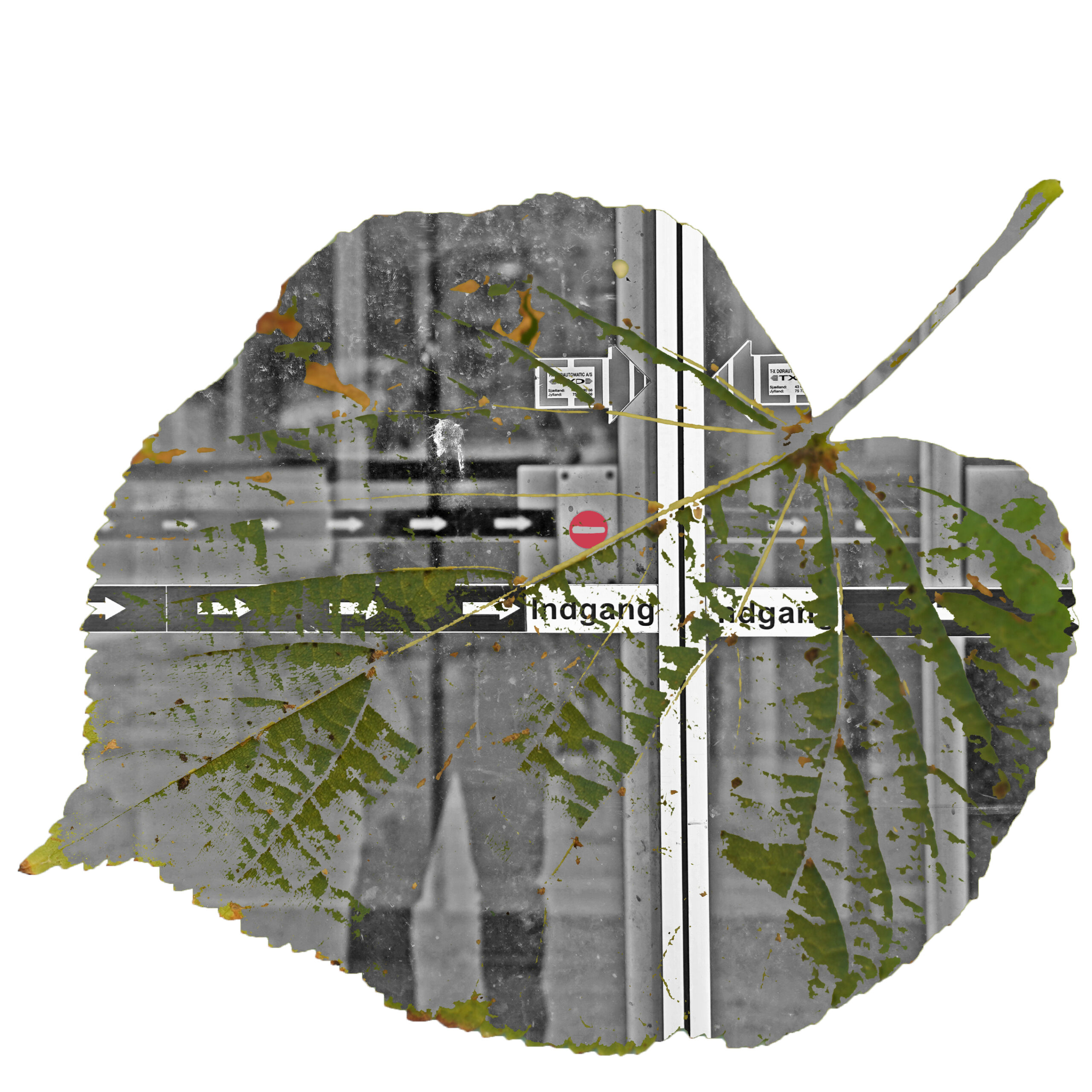
From care home to lovers’ retreat
Ali’s wife works at two hospitals. Ten days a month she moves to a boarding house attached to a smaller hospital in the country. Ali goes with her. He lives for these ten days. Here he gets the chance for a break from caring for the in-laws, cooking and cleaning, and at the same time he can be with his wife. Here they find their love for each other, but agree that they must surrender – to common sense.
– At the boarding house we could be closer together. We wore face masks, opened the window and checked on each other. It was our every day where, despite everything going on, we had room to be ourselves. We had two rooms where we dared to be together without being too close. I slept on the sofa.
– Our rooms at the boarding house stood in stark contrast to the hospital, which was reserved for the dying and distressed. I worked as a volunteer, until it became clear that there was not much to do. Normally it would be brimming with people, as Iranians go to the doctor with the slightest of ailments. Now it was quiet. The only ones who came in were those who were so deadly sick, that it did not make a difference anyway. You heard the greatest weeping nearest the exit. Both quiet introverted cries and violent furious cries that cannot let up. People cry in such different ways when they have to bid farewell to someone they love.
– However, human nature is a strange thing. You can get used to anything. Even death becomes part of the every day. You get into a routine, where it is impossible not to give in to your impulses, and so you relax, even though it goes against reason. You actually get used to a way of life today, and tomorrow. After three months, I no longer slept on the sofa.
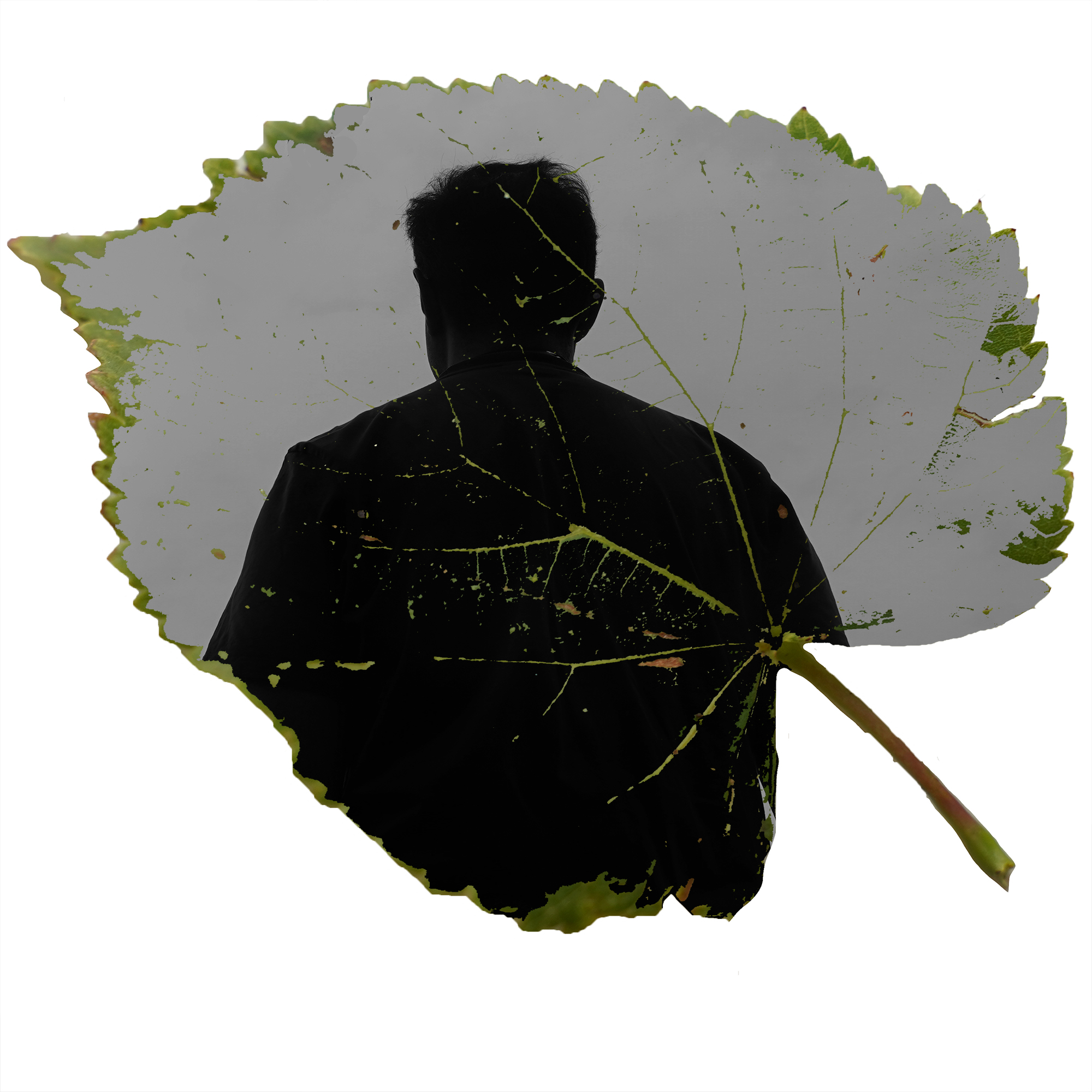
From the first to the second wave
Ali is in Iran during the second wave, which hits harder than the first. He sees children die, and young people. Stories and images circulate around the population. For example, a soldier aged 25. Decorated with medals and, one must assume, was in fine physical form. People are shaken. How can a folk hero die of Corona?
– No one can say why the second wave took so many lives. Maybe it was a more aggressive variant of COVID-19. Maybe it has to do with the fact that there is a higher death toll when people are exposed to a bigger number of virus particles in the first exposure. Population density is high in Tehran, and people cannot avoid using the metro. The worst is to be inside and among many, and that is exactly what the metro is like. Here children are particularly exposed, because they are the lowest. When someone coughs, they cough down. The hand that the little ones cling to doesn’t help them. They don’t need an anchor, they need wings to fly, and preferably before they become angels.

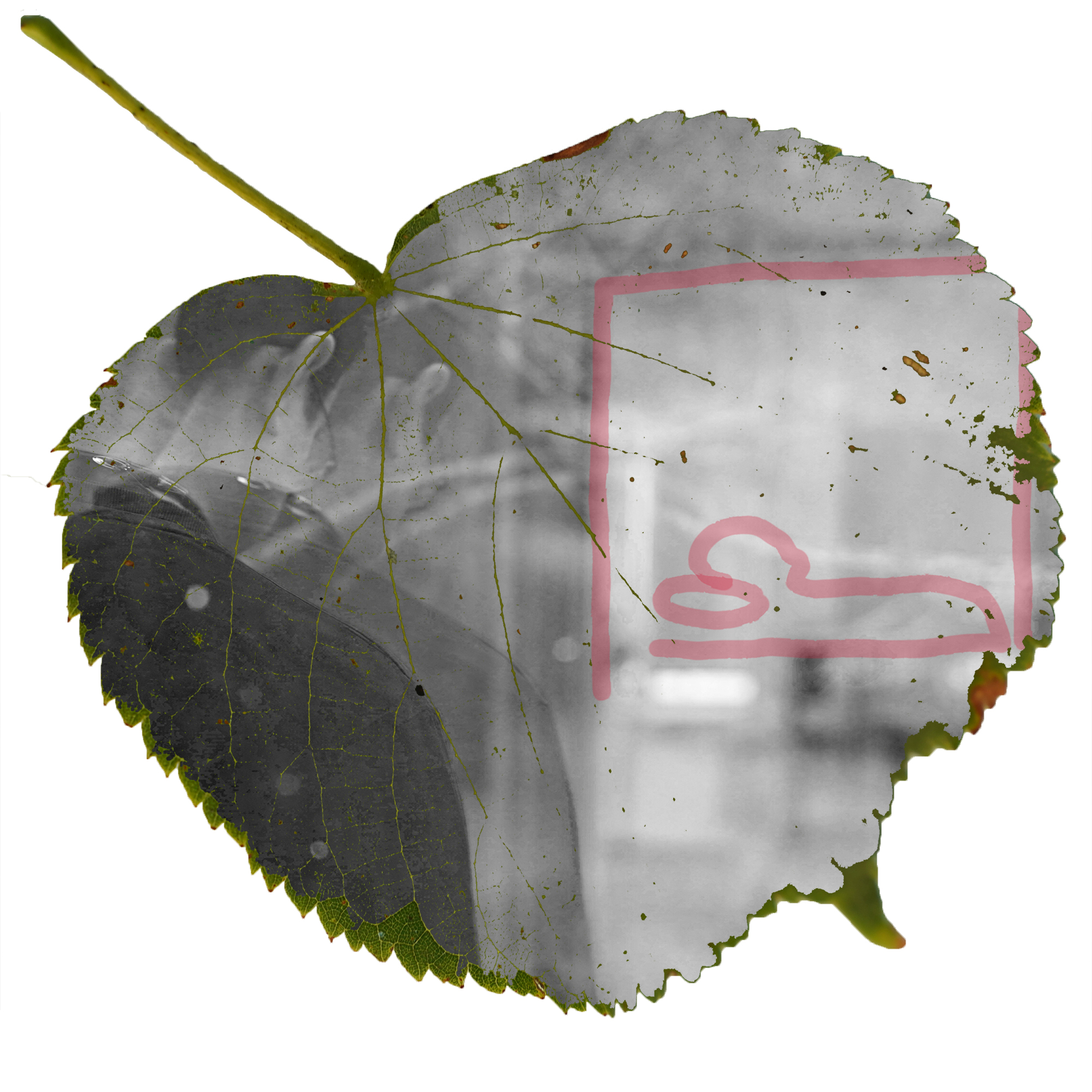
From family to family
While Ali is in Iran, he does not see his own parents. Ali’s father has a lung disease which means he cannot oxygenate the blood sufficiently. Corona will not, to say the least, make him better. His younger sister takes care of him. She is managing well, but she has children, who play with other children. That is risky enough, and on that they completely agree. It is about finding the balance, and being there for each other without setting up a chain of infection. As a doctor, Ali knows the difficulties all too well.
– We had a bad story with my wife’s family. My wife’s brother, who lives some distance from us, fell ill. He was very poorly, so his family drove him to the hospital. However, they had no bed available for him and could only advise that he come back if his symptoms worsened. One evening his wife sent a photo of him. In it you could see him lying in bed, weak and helpless. Shortly afterwards she range to say that he could not breathe.
– But what should I do? Presumably both his wife and 14 year old son were infected. If I drove to them, I would presumably come back home and infect the other half of the family. I offered to wait in the car in front of their house overnight, so I could be close by if his condition worsened. They refused. They were afraid I would become infected. My wife cried all night. The situation seemed hopeless. But then a miracle happened. A month later he was better, and no one else in his family fell ill. The virus is so tricky. There are so many things we still do not understand, and sometimes we can just be lucky.
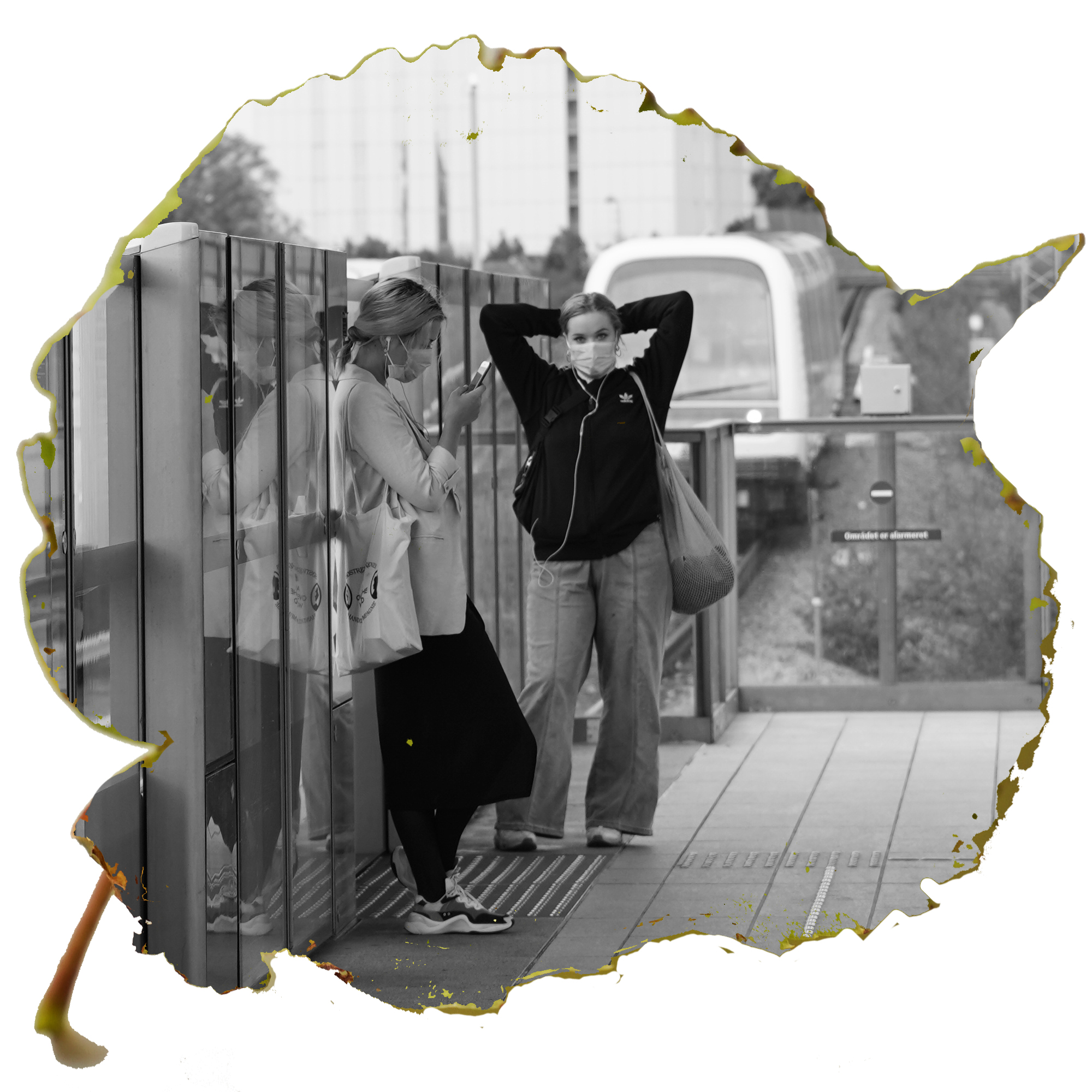
From Iran back to Denmark
After five months in Iran, Ali must come back to Denmark in order not to lose his residence permit. Moreover, it is well nigh impossible to become good at Danish, when you are so alone with the language, as he is in Iran. He packs his life together again and drives to the airport. At the same time he has to draw his time with his wife to a close. While he obviously hopes that they can soon get their lives back together again – in Denmark – he knows what that means. She will have to drop her terrific career and replace recognition with endless exercises in Danish vocal sounds, among other things. But he likes Denmark, because he believes that the openness, structure and logical basis of its laws make for a sound society.
– I am very happy with rules, even though I admit I slacked on them myself in Iran. One way or another it is easier to comply with the rules in a country like Germany or Denmark, because the politicians speak a clear and distinct language. Just like when Angela Merkel explains what it means for capacity when one person with Corona infects 1 other, and not 1.2 others. It makes good sense.
– But rules are difficult to comply with – even in my family. Everyone grumbles and wishes they could go back to how it was before. “I miss you” is the new “Hi”, and I can well understand that, but it is a dangerous rhetoric. I think we make things worse when we put our longing into words. What we miss becomes far too vivid. We egg each other on to break the rules. Just a little. But it is not good. First, it’s just up to the window. Next it’s to the door. Third time you go in. Longing can be deadly. So we have to find something else to talk about other than what have to do without.
– We need to speak the language of reason a little longer. Otherwise, we conjure up a world, which doesn’t exist. The young are beginning to think that life can be lived in some other place, where it is okay to just give in to your emotions. We all want that. We are all fleeing to some happy place. Freedom to love is the last thing we let go of. We all like to think that love conquers all. But it is not something we can bet on in this situation. We are here on nature’s terms. That other place is made up of longing.

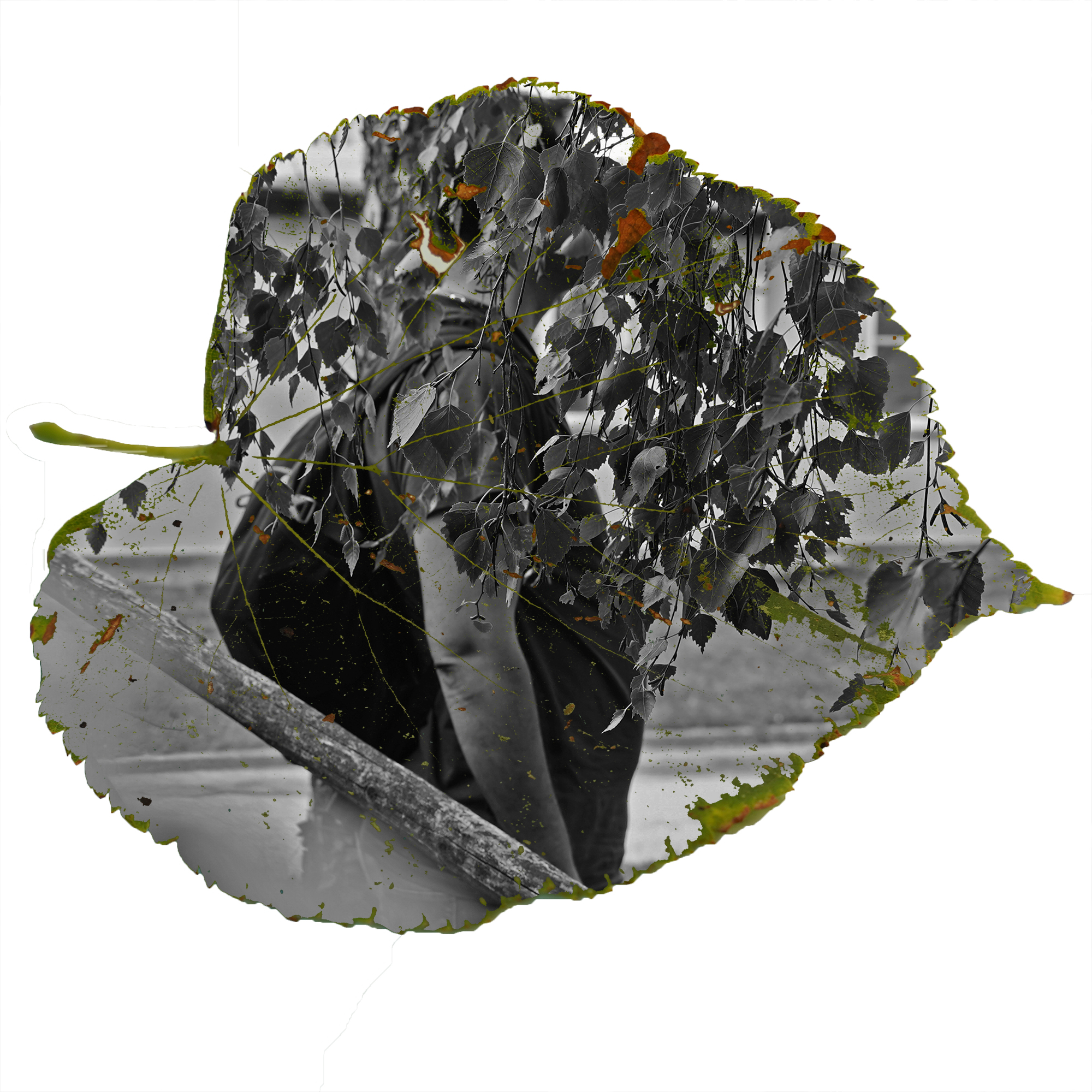
From the heart to reason
The metro home from Kastrup rounds Amager Strand. From the window Ali looks out on the cheerfully tattooed Danes in their shorts and bikinis. They are building new sandcastles and sharing their packed lunches, as if it is all over and the partying can at last begin. For Ali, who has just come from Tehran’s strained facemask covered masses, it is so weird that he cannot help but smile. Of course, it is ok, as long as you are outdoors.
– In Denmark, people have not taken it as seriously as in Iran, but they have not had grounds to. Tehran has 18 million people, who have to take the metro to go to work. Copenhagen has just one million, who can go by bicycle. I don’t think we will see a new lockdown in Denmark.
– In any case I think that Danes are very nonchalant. Even though I understand them well, it is a bit weird for me. When I began wearing a face mask in March, people were convinced that it was because I myself was infected. Now everyone wears a face mask in Denmark and thinks it is normal. My Danish friends have actually admitted that I was not being overcautious at the time. I was right.
Ali is back in Denmark where he is slogging away with the language and passes the last test before his final Danish exam. Strangely enough, behind him lie the five best months of his life – bound by restrictions, rules, and caution. He loves rules. And rules can matter. They can create the framework within which you can feel safe enough to dare to love. Like a poem which blossoms within tight rhythmic verses. The rules are what make the five happy months in Iran stand out. Reason has wrapped itself like a face mask around his heart.


Præstestyret
Den iranske islamiske republik blev grundlagt af det religiøse overhoved Ayatollah Khomeini i 1979. Khomeini afsatte Shahen (kongen) ved det man kalder den islamiske revolution. Det var dog ikke givet, at revolutionen ville føre til præstestyre. De sekulære grupper, der havde været med til at vælte Shahen, havde regnet med, at revolutionen ville føre til demokrati. Men den religiøse fløj var den stærkeste. Khomeini blev Irans nye magthaver, der skulle godkende alle love. Monarkiet var afløst af et teokrati.
Forholdet til USA
Shahen havde været på amerikanernes side under den kolde krig, og USA havde solgt våben til Iran. Men med den islamiske revolution blev relationen mellem Iran og USA vendt på hovedet. Khomeini mente ikke, at vestlige normer var forenelige med god shiamuslimsk livsførelse, og USA åbnede døren for den fordrevne Shahen. Heller ikke de omkringliggende arabiske lande var begejstrede for det nye shiamuslimske regime. De frygtede, at revolutionen ville sprede sig til resten af Mellemøsten.
Iran-Irak-krigen
Irak invaderede Iran i september 1980. Det startede en krig, som varede i 8 år. Krigen handlede dog ikke kun om frygten for, at iranerne ville mobilisere shiamuslimer i Irak og andre arabiske lande. Den handlede også om retten til olieresurserne. Amerikanerne støttede irakerne til Irak-Iran-krigen fandt sin afslutning i 1988, hvor Iran gik med til at underskrive en FN-resolution, hvor begge parter indvilligede i at trække deres tropper tilbage.
Sanktioner
USA har sanktioneret den iranske økonomi siden den islamiske revolution i 1979. Da Irans økonomi er helt afhængig af olieindustrien, er det primært olieeksporten, amerikanerne har sigtet mod i deres sanktionslove. Også EU har underlagt Iran økonomiske sanktioner, og FN har vedtaget en række resolutioner mod Iran. Det er primært iranernes udvikling af atomvåben, der har været genstand for hård kritik, men senere også deres engagement i Syrien.
I 2012 strammer en række lande med USA i spidsen de økonomiske sanktioner. Denne gang rammer sanktionerne også de iranske banker. Sanktionerne svækker den iranske økonomi.
Atomaftalen
Men økonomien får det meget bedre i 2016. For i 2015 støtter Obama op om en aftale mellem en lang række lande foruden USA (Storbritannien, Kina, Frankrig, Tyskland Rusland, EU) og Iran. I den såkaldte atomaftale, lover Iran at sætte sit atomvåbenprogram på pause i 15 år mod at sanktionerne hæves.
Præsident Trump har kaldt atomaftalen ”the worst ever” aftale forhandlet af USA. I 2015 ophæver han aftalen og indfører nye stramme sanktioner mod Iran. Denne gang går han også efter banksektoren. Han presser desuden alle aftagere af iransk olie til at opsige deres kontrakter. USA’s ophævelse af atomaftalen lægger grunden til den kritiske økonomiske situation, som Iran befinder sig i i dag. Bruttonationalproduktet falder og inflationen er høj. Den økonomiske krise har ikke blot ramt de fattigste, men også den brede middelklasse. Derfor har den også medført protester i befolkningen, som præstestyret dog har formået at slå ned.
Økonomisk nedtur
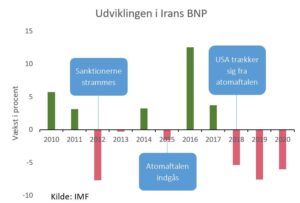
Translated by James Cowan
Text in Danish, foto and layout by Kristine Witt-Hansen

